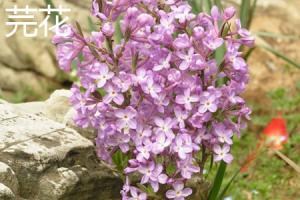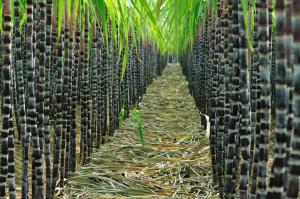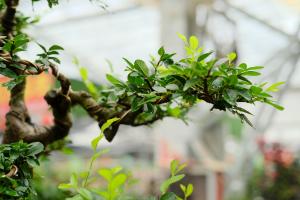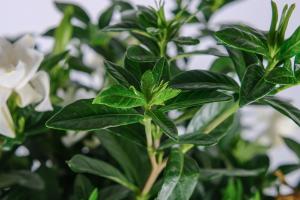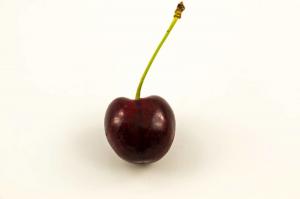What Plants is Epsom Salts Good For?
Epsom salts are not actually a type of salt, but a naturally occurring mineral compound composed of magnesium and sulfate. This compound has been used for centuries as a natural remedy for a variety of ailments, including stress relief, muscle tension, and skin irritation. In addition to these benefits, epsom salts have also been found to be useful for plants.
What is Epsom Salt?
Epsom salt, also known as magnesium sulfate, is a compound made up of magnesium, sulfur, and oxygen. It is named after the town of Epsom in England, where the compound was first discovered in natural mineral springs. Epsom salts can be purchased at most garden centers or drug stores and are typically sold in crystal form.
How is Epsom Salt Used for Plants?
Epsom salts have proven to be beneficial for many different types of plants, particularly those that require magnesium for proper growth. Magnesium is an essential nutrient that plants use to produce chlorophyll, the substance that gives plants their green color and helps them convert sunlight into energy. Epsom salts can be used in a number of ways to provide plants with this vital nutrient.
One of the simplest methods is to mix Epsom salts directly into the soil around the plant's roots. This can be done by sprinkling a tablespoon of Epsom salts onto the soil and then watering the plant thoroughly. This should be done once every two to three weeks, depending on the needs of the plant.
Another way to use Epsom salts is to dissolve them in water and use the solution as a spray. This is especially useful for plants that are suffering from magnesium deficiency, as the spray can be more quickly absorbed through the leaves than by root absorption. To make an Epsom salt spray, dissolve 2 tablespoons of Epsom salts into a gallon of water and then spray the solution onto the leaves of the plant.
In addition to providing plants with magnesium, Epsom salts can also help to boost overall plant health. Epsom salts can help to encourage strong root growth and can aid in the development of larger, more vibrant blooms.
Which Plants Benefit from Epsom Salts?
Many different types of plants can benefit from the use of Epsom salts. Some examples include:
Tomatoes
Peppers
Roses
Zucchini
Lilies
Azaleas
Fuchsias
Camellias
These plants all require magnesium for proper growth and can benefit from the use of Epsom salts. However, it is important to note that not all plants require magnesium, and some may even be harmed by its use. Before using Epsom salts on any plant, be sure to do your research and ensure that it is safe to use for that particular species.
Conclusion
Epsom salts can be a valuable tool in any gardener's arsenal. They provide plants with essential nutrients, boost overall plant health, and can even aid in pest and disease prevention. When used correctly, Epsom salts can help to ensure that your plants are healthy and vibrant, producing abundant blooms and fruit.
However, it is important to remember that Epsom salts are not a cure-all for all plant problems. They should be used in conjunction with other gardening practices, such as proper watering and fertilization, to ensure optimal plant health. With the right combination of care and attention, your plants can thrive with the help of Epsom salts.

 how many times do yo...
how many times do yo... how many planted tre...
how many planted tre... how many pine trees ...
how many pine trees ... how many pecan trees...
how many pecan trees... how many plants comp...
how many plants comp... how many plants can ...
how many plants can ... how many plants and ...
how many plants and ... how many pepper plan...
how many pepper plan...

